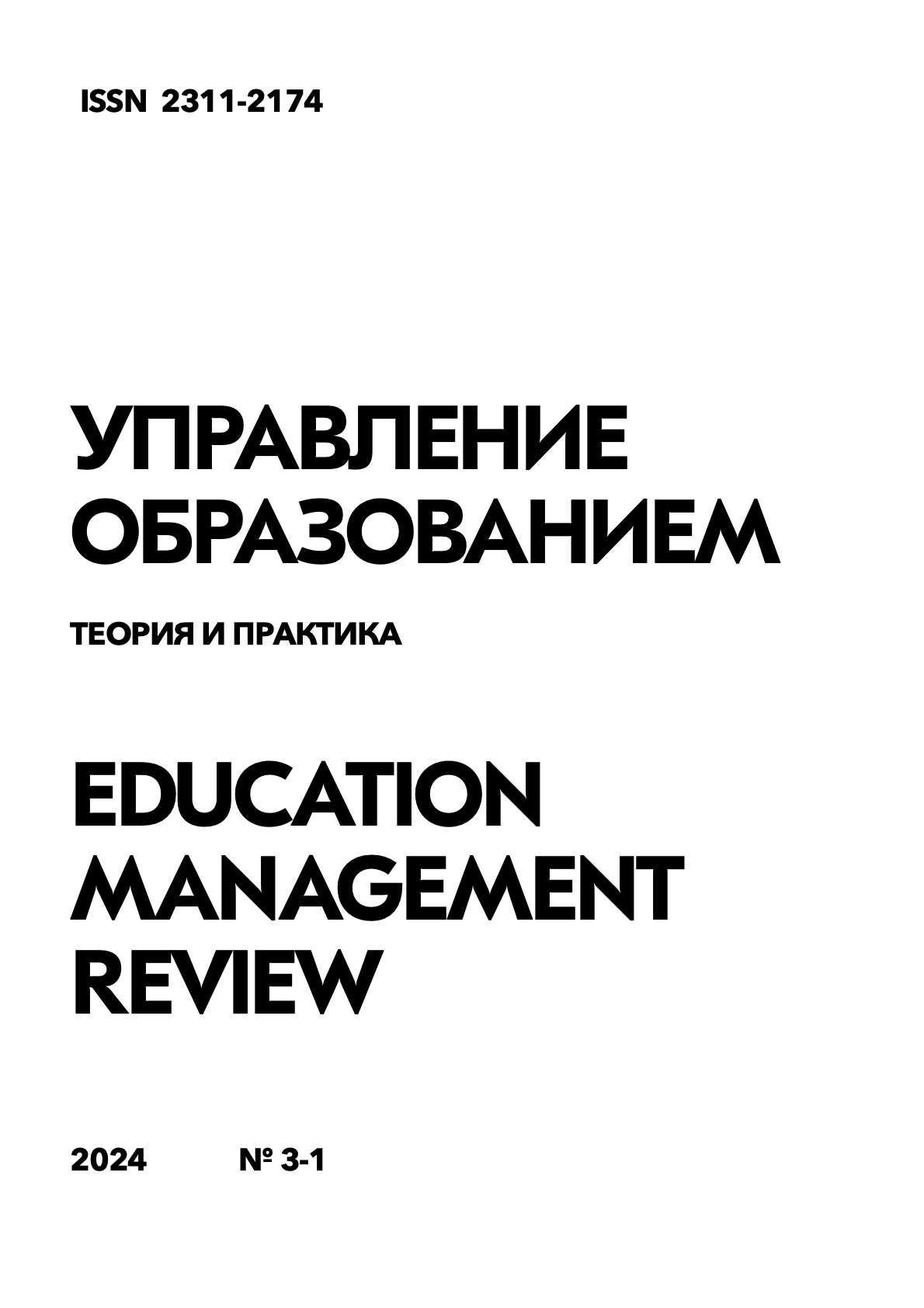Evaluation of the effectiveness of distance learning technologies in teaching fundamental and applied environmental management disciplines in universities
DOI:
https://doi.org/10.25726/j3454-6705-3818-uKeywords:
distance learning technologies, environmental management, learning effectiveness, competence-based approach, digital didactics, online courses, blended learningAbstract
The widespread introduction of distance learning technologies (DOT) in higher education requires a deep understanding of their effectiveness in the context of teaching fundamental and applied disciplines of environmental management. The purpose of the study is to comprehensively assess the potential of DOT in the formation of professional competencies of environmental managers. A mix of quantitative (questionnaires of students and teachers, content analysis of university EIOS) and qualitative (a series of focus groups, expert interviews) methods was used. The sample consists of 450 students and 30 teachers from 10 universities of the Russian Federation. A high level of student satisfaction with DOT was revealed (84%). The factors of the effectiveness of online courses are determined: interactivity, adaptability, multimedia. Barriers such as technical failures, lack of communication, and problems of self-organization have been fixed. Discussion. The data obtained open up prospects for personalizing educational trajectories and entering a practice-oriented format. The results are applicable to optimize the implementation of DOT in environmental management. Further research is needed on the delayed effects of DOT and the mechanisms of adaptation of students to them.
References
Абрамян Г.В., Катасонова Г.Р. Особенности организации дистанционного образования в вузах в условиях самоизоляции граждан при вирусной пандемии // Современные проблемы науки и образования. 2020. № 3. С. 41-50.
Булат Р.Е., Лебедев А.Ю., Никитин Н.А., Байчорова Х.С. Психолого-педагогические ресурсы повышения готовности обучающихся к образовательному процессу в условиях электронной информационно-образовательной среды // Научно-аналитический журнал Вестник СанктПетербургского университета Государственной противопожарной службы МЧС России. 2020. № 3. С. 172-178.
Гафуров И.Р., Ибрагимов Г.И., Калимуллин А.М., Алишев Т.Б. Трансформация обучения в высшей школе во время пандемии: болевые точки // Высшее образование в России. 2020. Т. 29. № 10. С. 101-112.
Григораш О.В. Дистанционное обучение в системе высшего образования: преимущества, недостатки и перспективы // Научный журнал КубГАУ. 2014. № 101(07). С. 1-12.
Кузьмина О.В. Компетентностный подход в дистанционном инженерном образовании // Высшее образование в России. 2011. № 2. С. 156-158.
Можаева Г.В. Электронное обучение в вузе: современные тенденции развития. // Гуманитарная информатика. 2013. № 7. С.126-138.
Никитин Н.А. Технология формирования готовности курсантов очной формы обучения к освоению образовательной программы с применением дистанционных образовательных технологий // Научно-аналитический журнал Вестник «Санкт-Петербургского университета ГПС МЧС России». 2021. № 4. С. 182-194.
Роберт И.В. Теория и методика информатизации образования (психолого-педагогический и технологический аспекты). М.: БИНОМ. Лаборатория знаний, 2014. 398 с.
Сергеев А.Г., Жигалов И.Е., Баландина В.В. Введение в электронное обучение. Владимир: ВлГУ, 2012. 182 с.
Фомина А.С. Онлайн-обучение в высшем учебном заведении: методики, контент, технологии. // Общество: социология, психология, педагогика. 2016. № 1. С. 101-106.
Larreamendy-Joerns, J., Leinhardt, G. Going the distance with online education // Review of educational research. 2006. Vol. 76. № 4. pp. 567-605.
Liang J.C., Chen Y.Y., Hsu H.Y. The evaluation of instructional application of Е-learning management system in higher education // Procedia-social and behavioral sciences. 2014. Vol. 176. pp. 149- 156.
Sangrà A., Vlachopoulos D., Cabrera N. Building an inclusive definition of E-learning: An approach to the conceptual framework // The International review of research in open and distance learning. 2012. Vol. 13. № 2. pp. 145-159.
Selwyn N. The use of computer technology in university teaching and learning: a critical perspective // Journal of computer assisted learning. 2007. Vol. 23. pp. 83-94.
Sun P., Tsai R., Finger G., Chen Y., Yeh D. What drives a successful e-Learning? An empirical investigation of the critical factors influencing learner satisfaction. // Computers & Education. 2008. Vol. 50. pp. 1183-1202.




